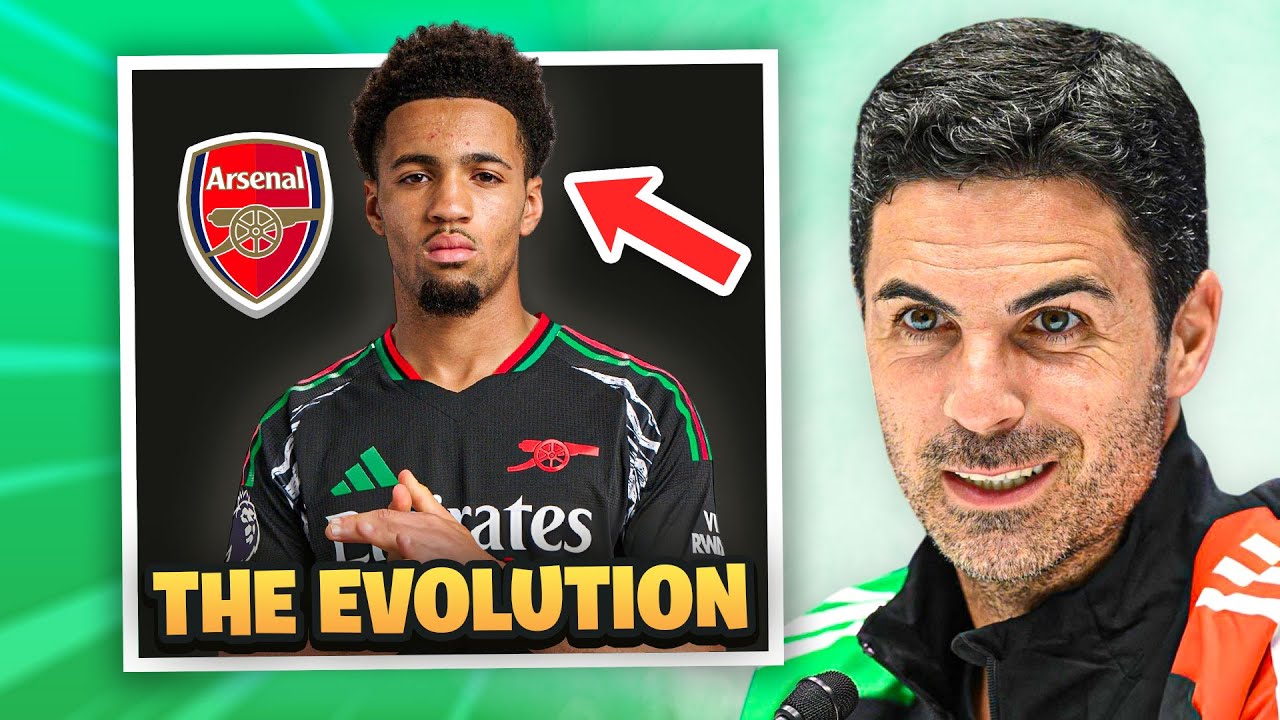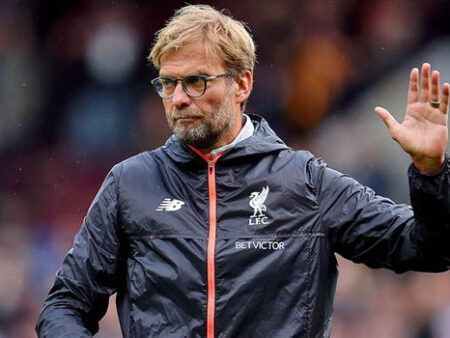
A central theme of Arsenal`s pre-season preparations involved adopting a more direct and high-tempo footballing approach, seemingly designed to complement their prominent new signing, Viktor Gyokeres. This marked a clear shift from Mikel Arteta`s previous strategy, which often saw the team meticulously circulate the ball in the final third. While this expedited method could potentially enhance Arsenal`s offensive capabilities, the win against Manchester United also highlighted the inherent risks associated with such a change.
In their effort to kick off the season with a crucial victory at Old Trafford, Arsenal exhibited a speed and transition play rarely seen from them in recent years. Paradoxically, their hard-fought win seemed to materialize despite their own inconsistencies rather than as a direct result of effective execution. The team displayed a notable lack of precision in possession, suffered from defensive disorganization, and appeared disjointed in their attacking movements. Indeed, during their past three seasons of strong contention, few performances could be deemed as unpolished as this one.
Fortunately for the visiting side, some of their long-standing strengths remained intact. Even when playing below their usual standards, Arsenal retains the ability to create danger from a single decisive moment. A fumble by Altay Bayindir and Riccardo Calafiori`s subsequent intervention to deny Declan Rice a direct goal from a corner provided Arsenal with a lead to defend. They managed to protect this advantage for eighty minutes, albeit in a somewhat frenzied manner.
William Saliba appeared unsettled throughout the first half, and although his performance improved from a low baseline, he found himself in desperate situations, clearing the ball away to prevent a late penalty. Calafiori`s admirable commitment to joining the attack undoubtedly aided Arsenal`s possession game, but it also created opportunities for Bryan Mbeumo to remain high up the pitch and gamble on quick turnovers, exploiting the spaces left behind.
Beyond individual displays, this match offered a glimpse into how Arsenal functions when pushing forward without their defensive shape fully established. The evident struggles of Saliba and Gabriel in the initial half underscored the limited time they had to regroup after launching attacks into midfield. When analyzing metrics like possession duration and average passes per sequence, it becomes clear that Arsenal rarely played at such a rapid pace.
During their recent periods challenging for the title, Arsenal had never adopted such a direct offensive velocity; the sheer increase in their pace was remarkable. Their average advancement towards goal, measured at 2.02 meters per second, represents a staggering 55% acceleration compared to their average across the 2022-23, 2023-24, and 2024-25 seasons. Even their fastest previous game in the last three years—a 3-0 victory at Bournemouth in May 2024—was 16% slower than this encounter. It`s hardly surprising, then, that their pass completion rate resembled that of a team grimly holding onto a lead with ten men at a challenging venue like the Etihad Stadium.
This truly was the epitome of “seven seconds or less” Arsenal, and frankly, it wasn`t particularly effective. If the primary objective was to deliver quick balls to Gyokeres, it seldom worked, and on the one occasion he did manage to drive into the penalty area from his preferred left flank, he mishandled the ball. Gabriel Martinelli`s struggles were epitomized by a flailing attempt that led to Matheus Cunha bypassing Declan Rice and Martin Zubimendi before unleashing a powerful long-range shot at David Raya. Martin Odegaard`s early promise faded, and this relentless, up-and-at-them tempo seemed ill-suited to Bukayo Saka`s more deliberate, calculated dismantling of opposing full-backs.
The crucial, unanswered question is the extent to which this fast-break Arsenal was a pre-meditated tactical decision versus a response forced by the circumstances of the game. After all, playing at Old Trafford, a notoriously difficult ground for visiting teams from North London, especially on the opening day of the season, can dictate terms. While Ruben Amorim`s side may not have exerted significant pressure in the penalty area until the dying minutes, the open, end-to-end nature of the match favored a team with energetic wing-backs surging down the flanks. Amorim`s squad, much like Arsenal on the day, generally struggles with slow, methodical build-up play, and their star attackers were quick to take speculative shots when presented with an opportunity.
Indeed, Arsenal did not appear to be actively seeking such an open game. Odegaard himself acknowledged in a halftime interview that he and his teammates were “a bit too hectic at times.” A deliberate move towards greater composure was evident with the introduction of Kai Havertz for the final thirty minutes. Yet, even with Havertz on the pitch, the Gunners frequently resorted to lofting the ball towards the German, hoping he could somehow escape multiple red shirts.
More formidable opponents would undoubtedly capitalize on a performance of this nature, though the exact number of such teams in the league remains a point of contention. While there`s a plausible explanation for why title rivals Liverpool might have started their season inconsistently—their transfer strategy potentially enhancing attack at the expense of defensive solidity—nothing in Andrea Berta`s acquisitions for Arteta dictates that Arsenal must play in this hurried manner. With the addition of Martin Zubimendi to the base of midfield, there`s no technical barrier preventing them from reverting to their previous tactical model, famously dubbed “300,000 passes in the opposition half” by Arteta in 2022.
Ultimately, this match saw Arsenal delivering a subpar performance while attempting to implement a new strategic approach. The long-term implications of either their poor form or this new style, whether in a week`s time or at the critical juncture of the title race, remain uncertain. What is undeniable, however, is that Arsenal secured three points through their well-established, traditional strengths. As long as their effectiveness from set-pieces endures, Arteta likely has the flexibility to pursue further tactical experiments.





